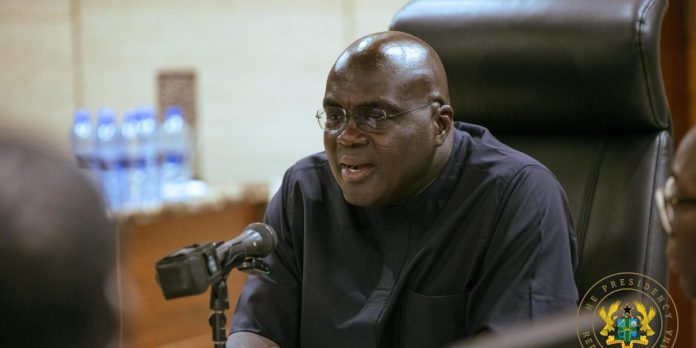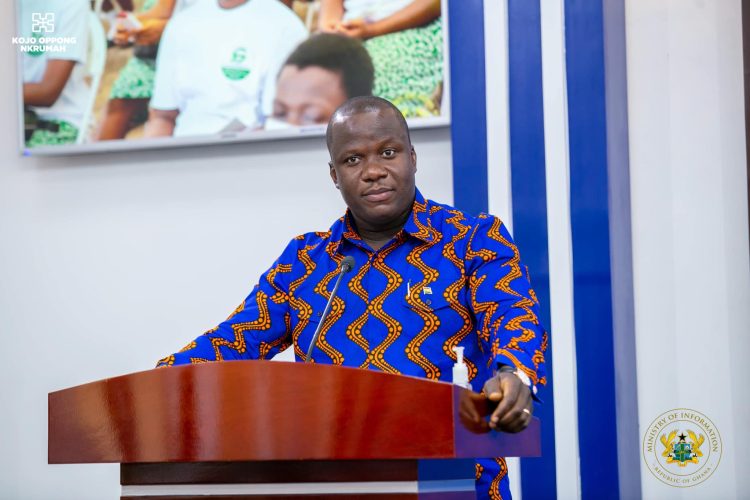The government has reiterated its commitment to tackling corruption, warning that the menace threatens Ghana’s ability to build a resilient economy, create jobs, strengthen infrastructure, and enhance global competitiveness.
Chief of Staff Julius Debrah emphasised that corruption prevention remains a top priority, as it undermines investor confidence and risks derailing key initiatives such as the proposed 24-hour economy.
Speaking at the launch of the Regional Stakeholder Engagement on the National Ethics and Anti-Corruption Action Plan (NEACAP 2026–2030), Mr. Debrah cautioned:
“Corruption also erodes investor confidence, clogs our institutions with inefficiency, and undermines the very trust that holds our democracy together. Corruption is the silent force that stalls progress, drains public resources, and drives our youth to seek opportunities abroad—even in countries that once looked up to Ghana.”
Executive Director of Transparency International Ghana, Mary Awelana Addah, underscored the need for collective action, stressing that fighting corruption cannot be the responsibility of government alone.
“The fight against corruption can’t be left to the government, nor can it be reduced to sloganeering; it must be a national commitment, a partnership of leaders and citizens alike. Let us commit to shaping a plan that is truly inclusive, where no voice is silenced, no community is excluded, and no citizen is left behind,” she said.
The NEACAP 2026–2030 framework is expected to strengthen accountability systems and promote a culture of ethics across state institutions and society.
























































![[FREE FREE MONEY] Predict and Win a Guaranteed GH¢200 From Us EVERY WEEK](https://wordpress.ghanatalksradio.com/wp-content/uploads/2022/02/Predict-and-Win-Final-09-03-2021-218x150.jpg)
![[Predict & Win – 8th/Oct.] WIN A Guaranteed ¢200 From Us This Week](https://wordpress.ghanatalksradio.com/wp-content/uploads/2021/10/maxresdefault-16-218x150.jpg)
![[Predict & Win – 2nd] WIN A Guaranteed ¢200 From Us This Week](https://wordpress.ghanatalksradio.com/wp-content/uploads/2021/09/maxresdefault-50-218x150.jpg)
![[Predict & Win – 25th] WIN A Guaranteed ¢200 From Us This Week](https://wordpress.ghanatalksradio.com/wp-content/uploads/2021/09/maxresdefault-36-218x150.jpg)
![[Predict & Win – 18th] WIN A Guaranteed ¢200 From Us This Week](https://wordpress.ghanatalksradio.com/wp-content/uploads/2021/09/maxresdefault-23-218x150.jpg)








![[National cathedral] See full list of churches that have contributed since 2018](https://wordpress.ghanatalksradio.com/wp-content/uploads/2020/09/Ghana-National-Cathedral-GhanaTalksRadio-100x70.jpg)



